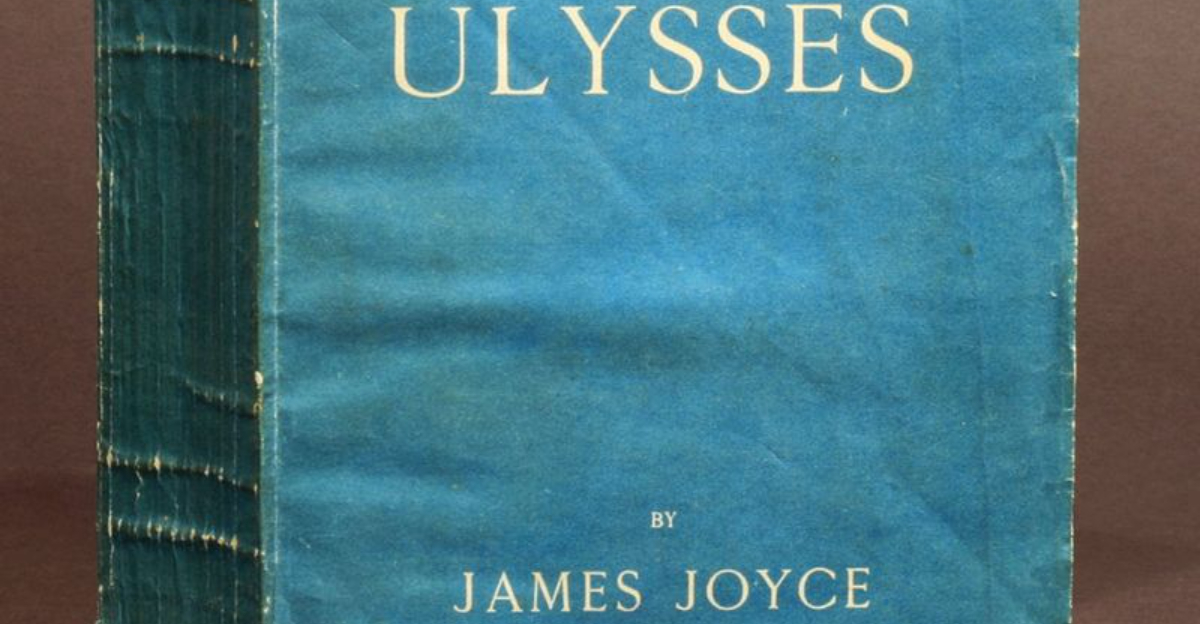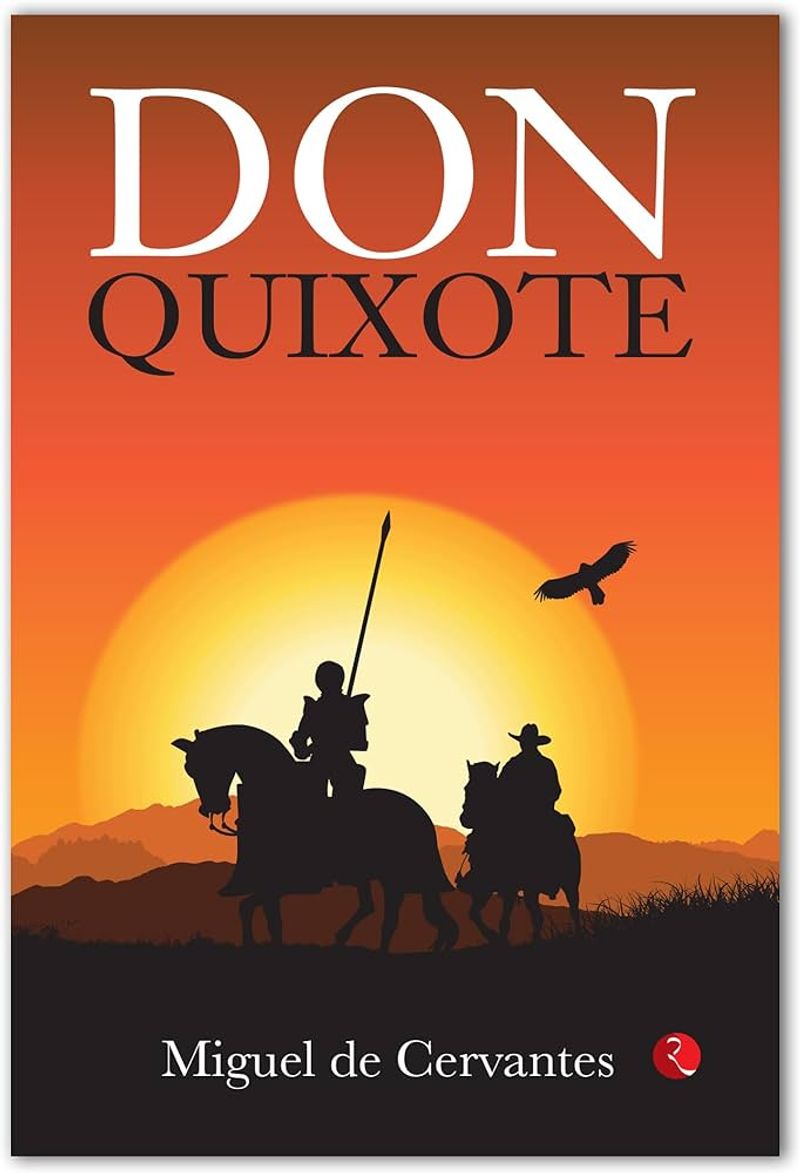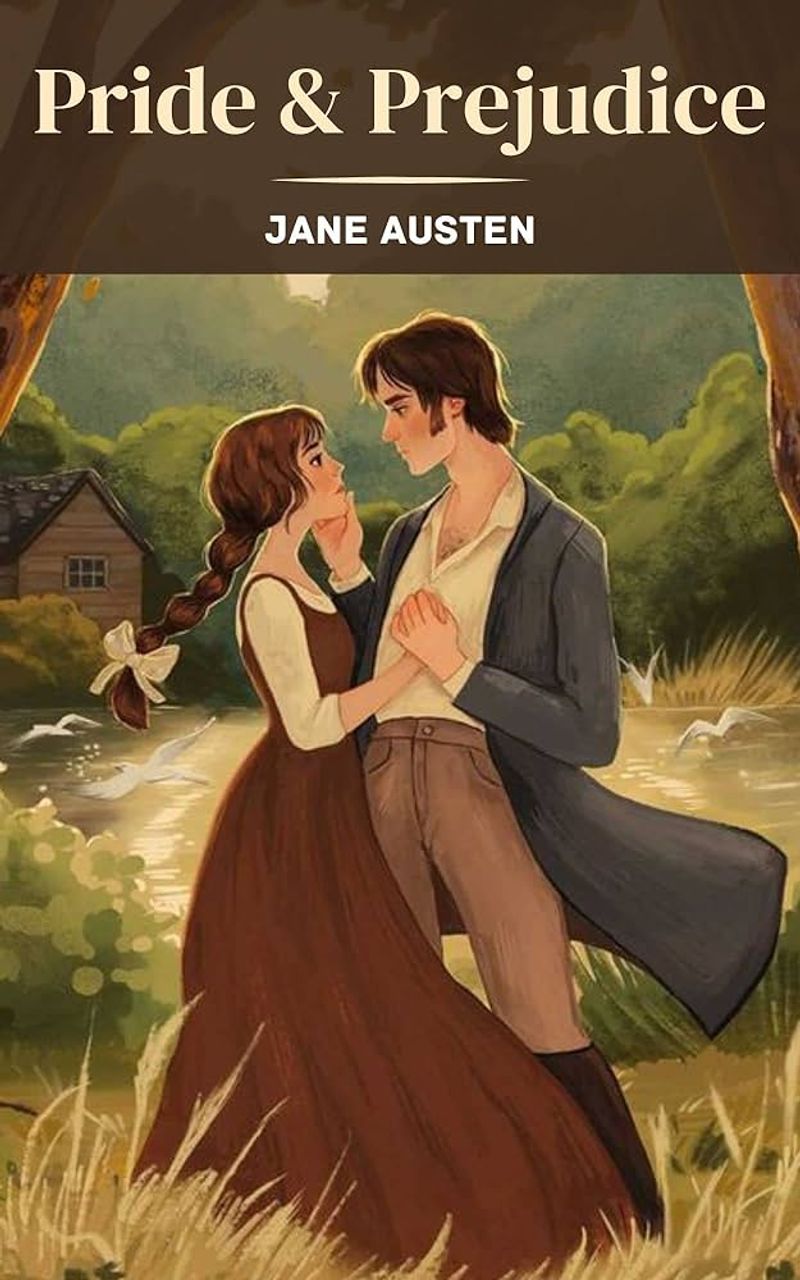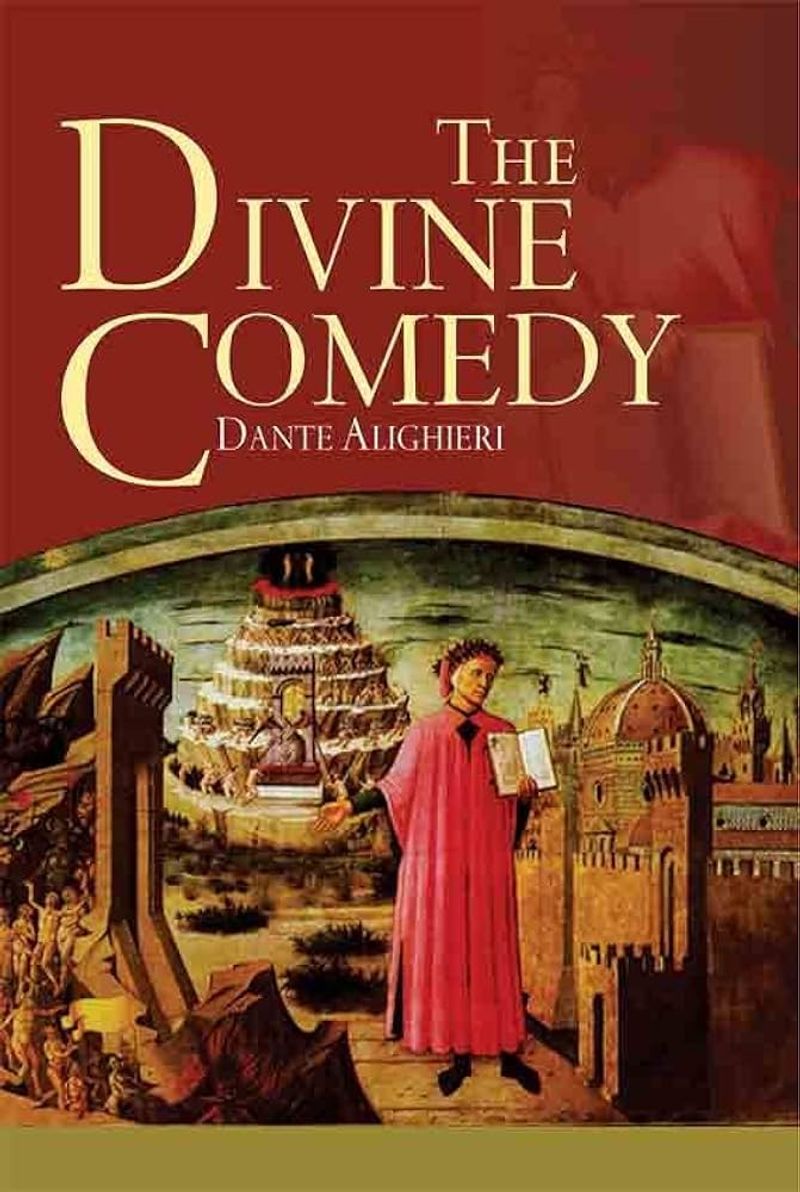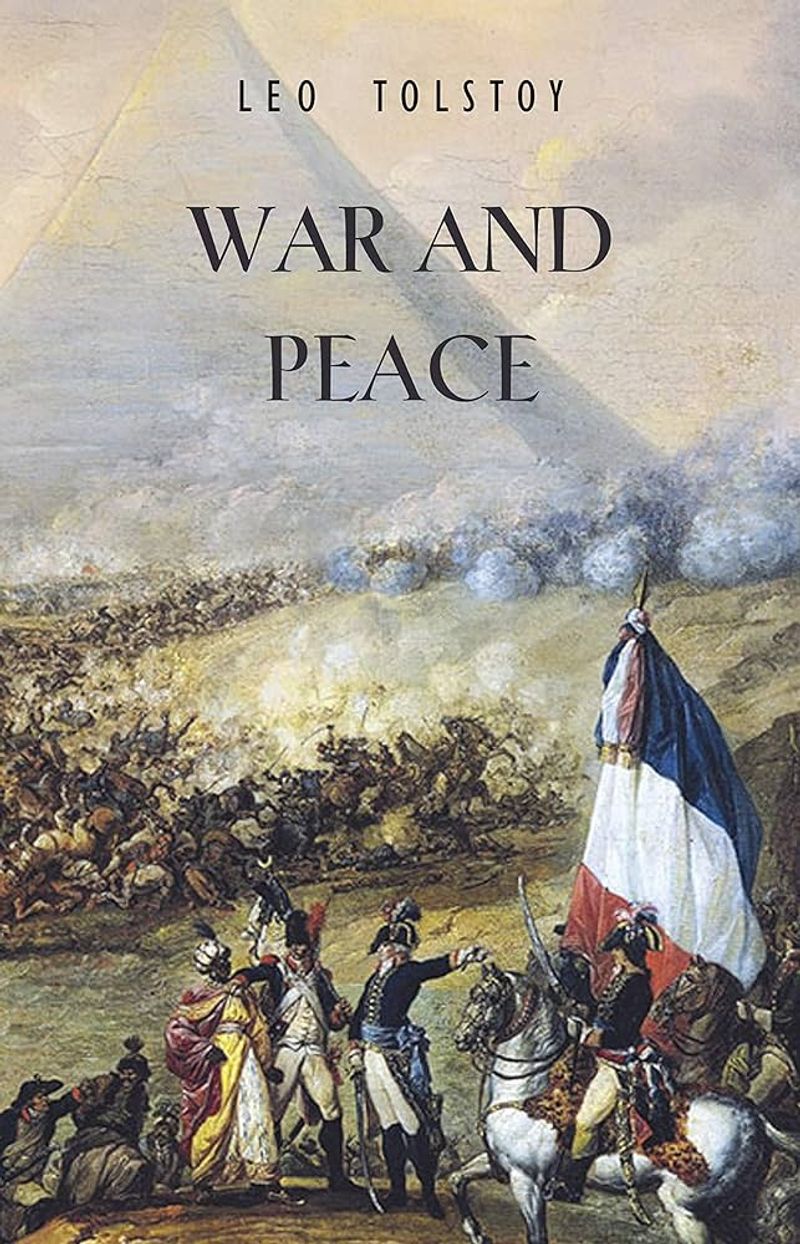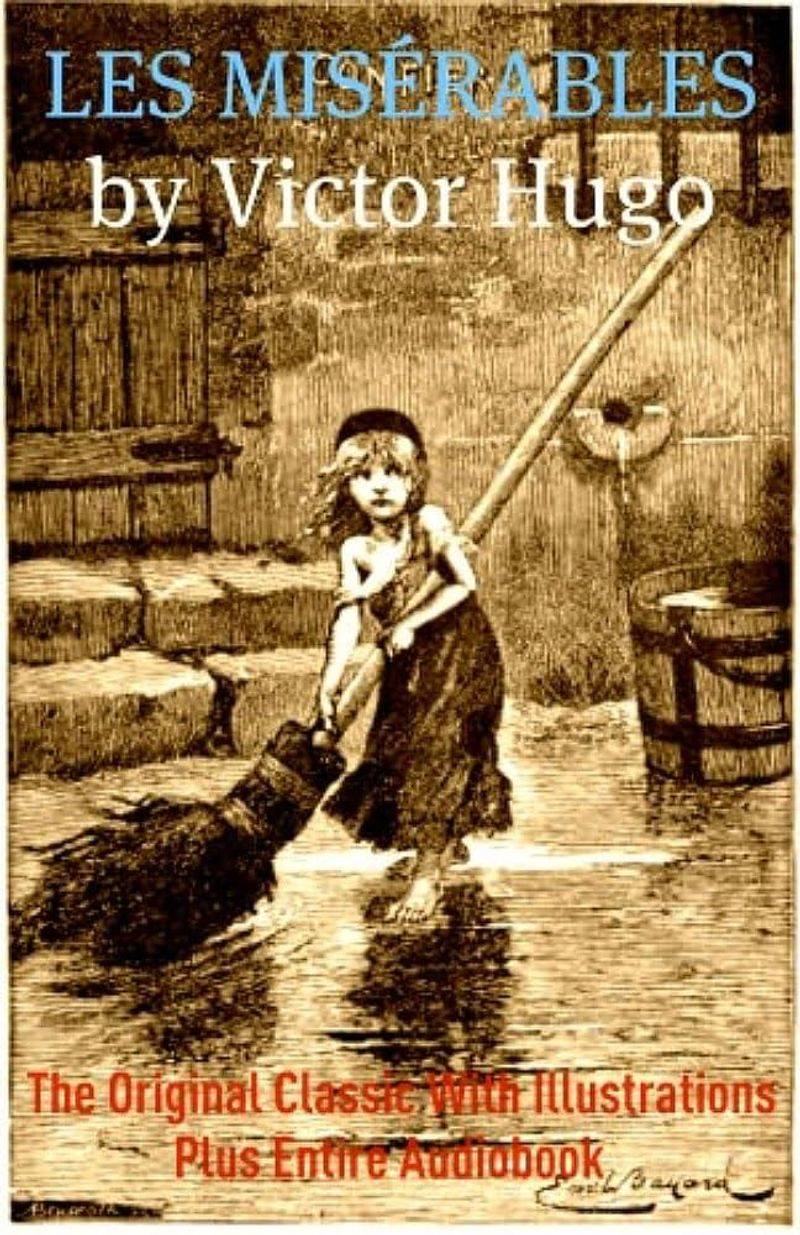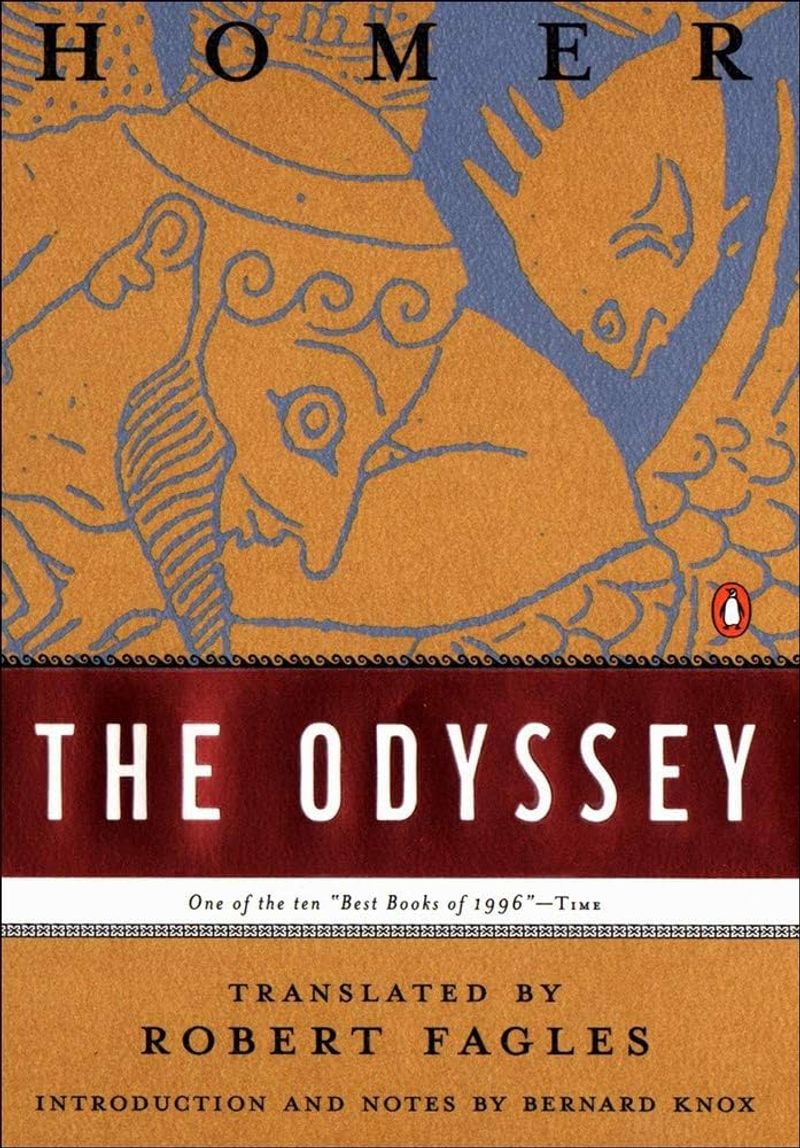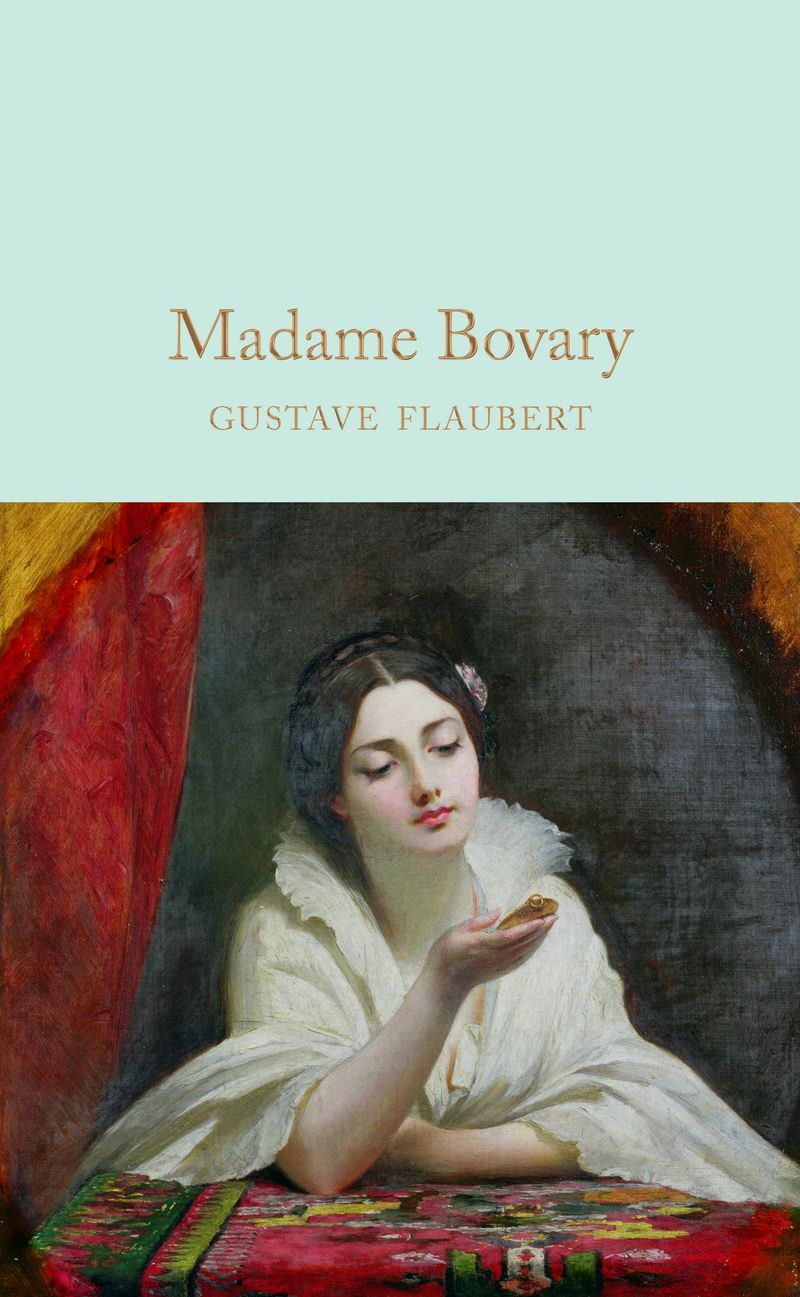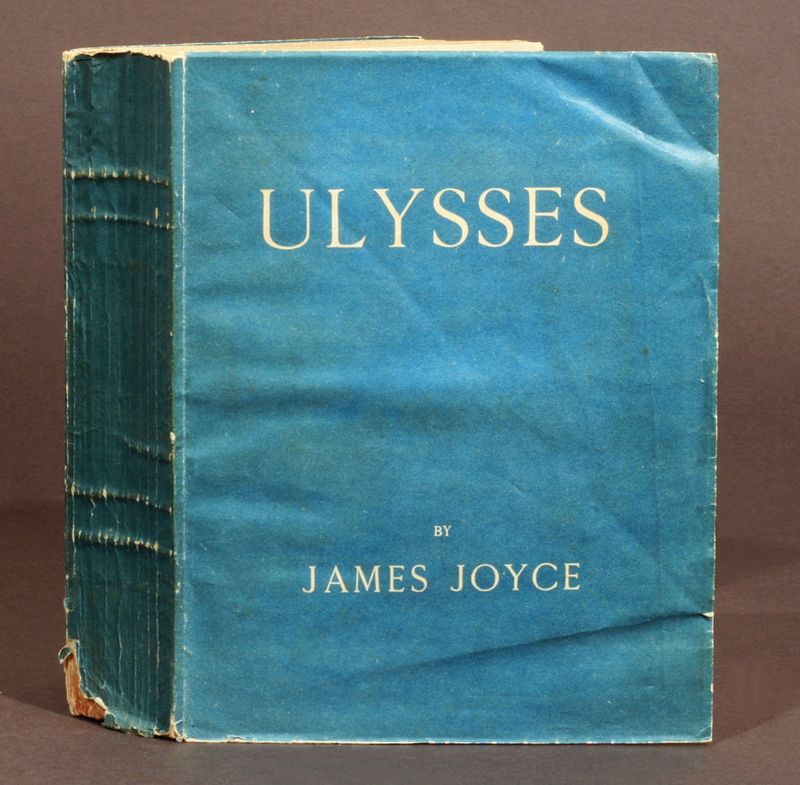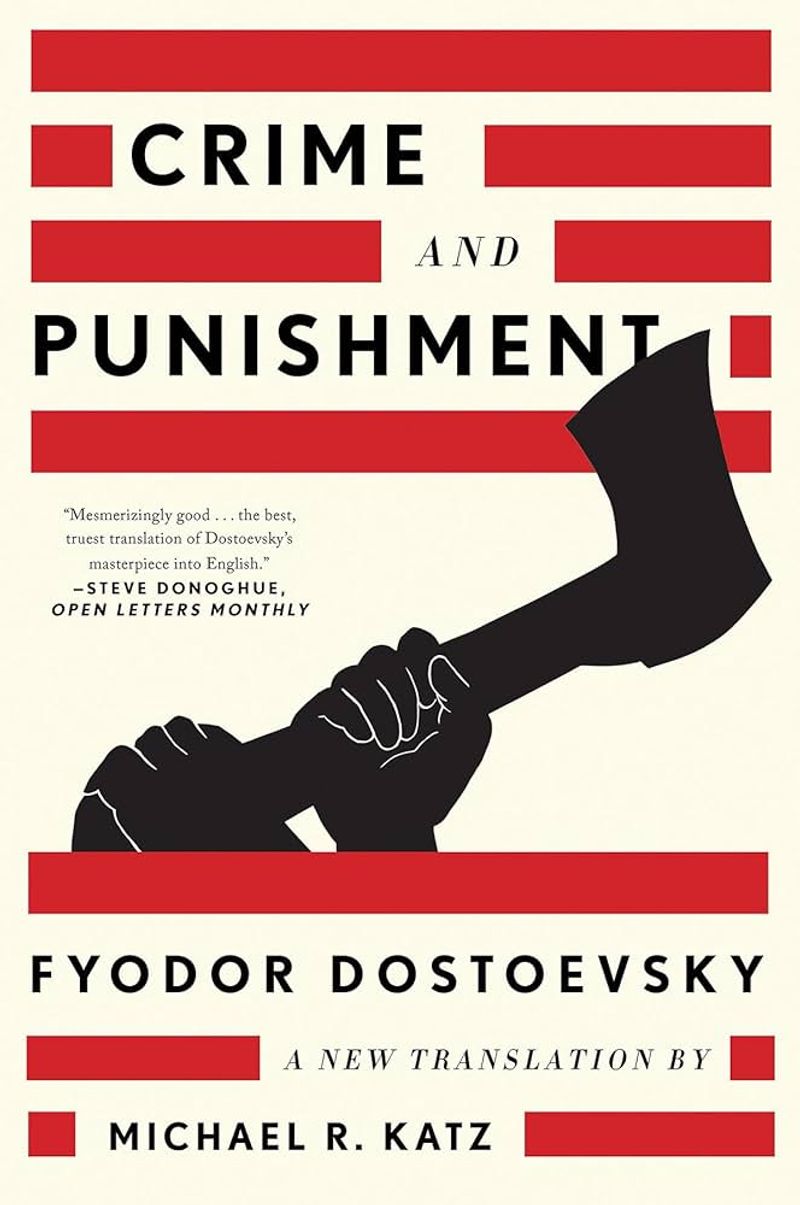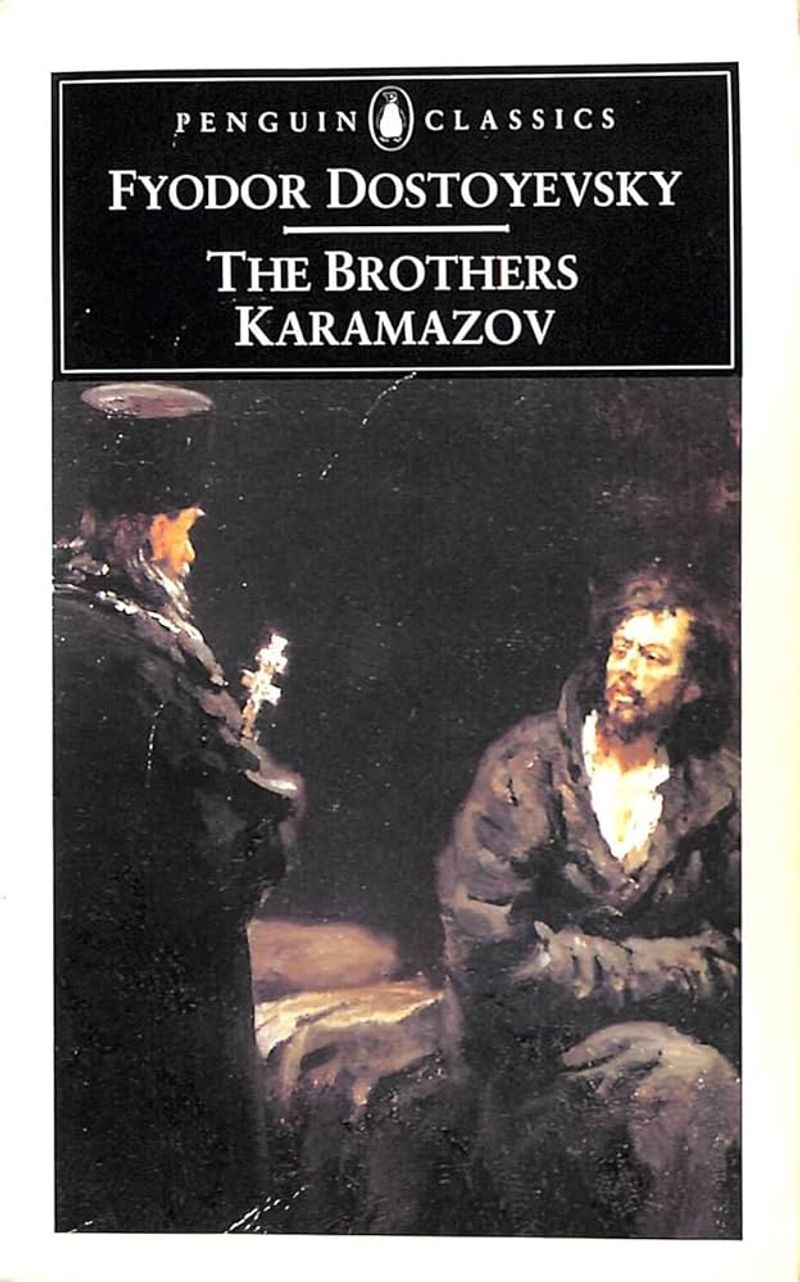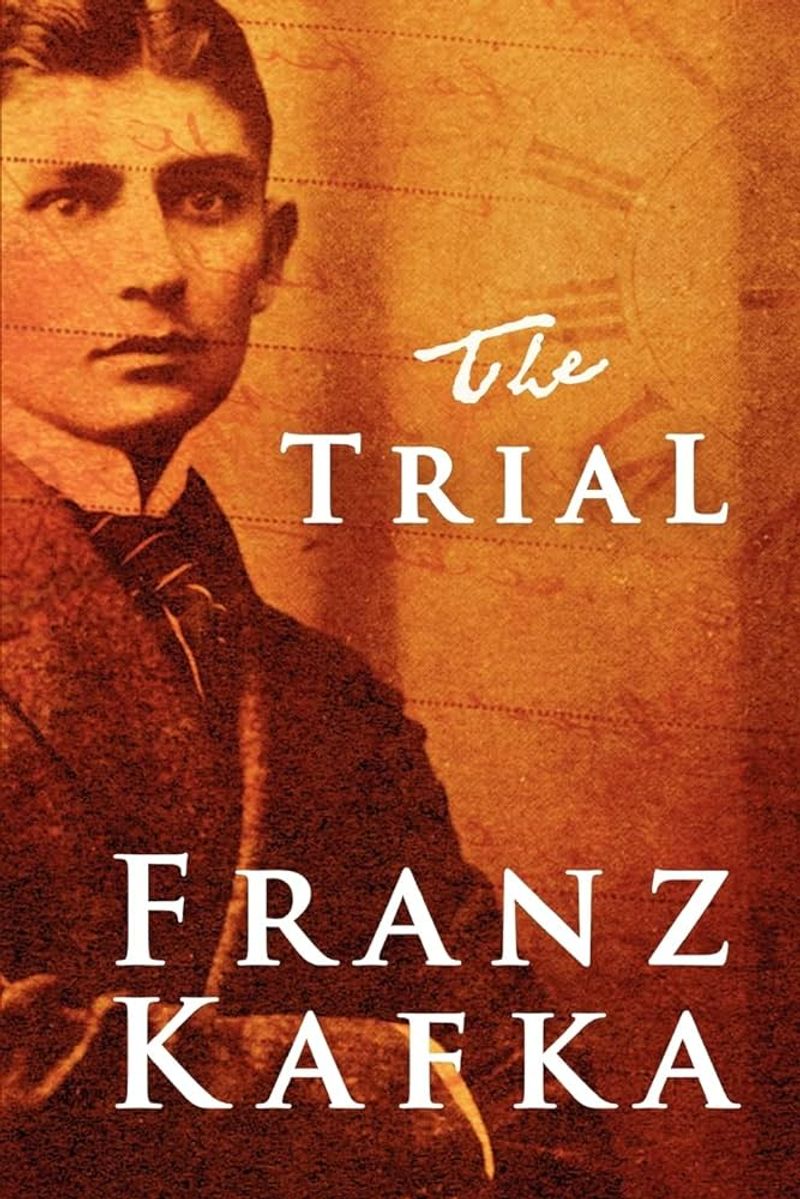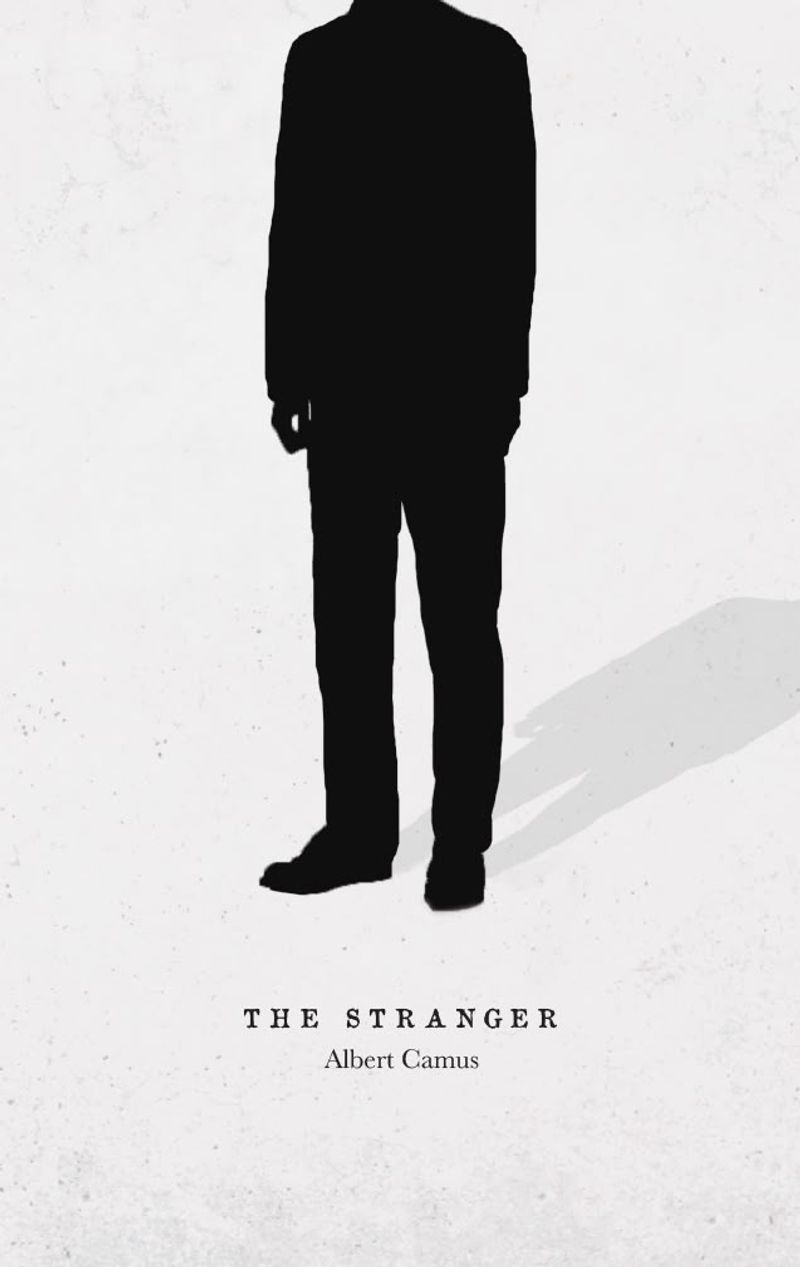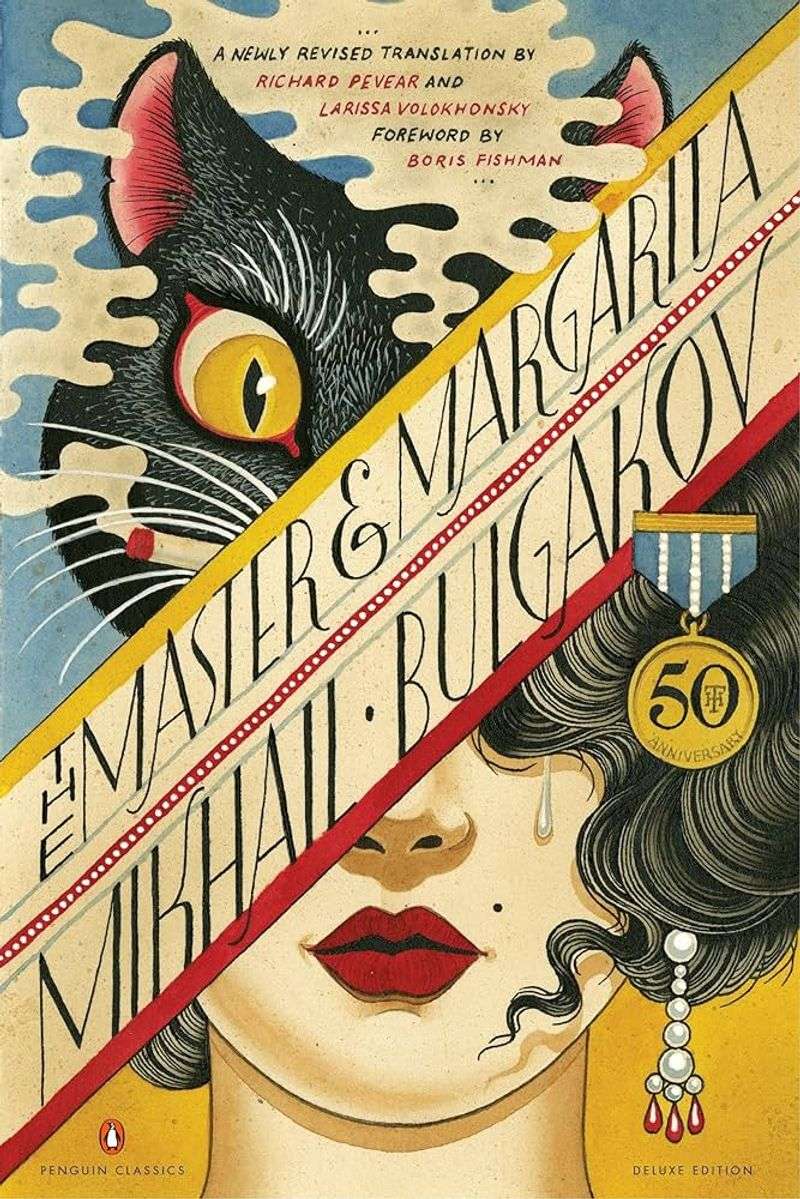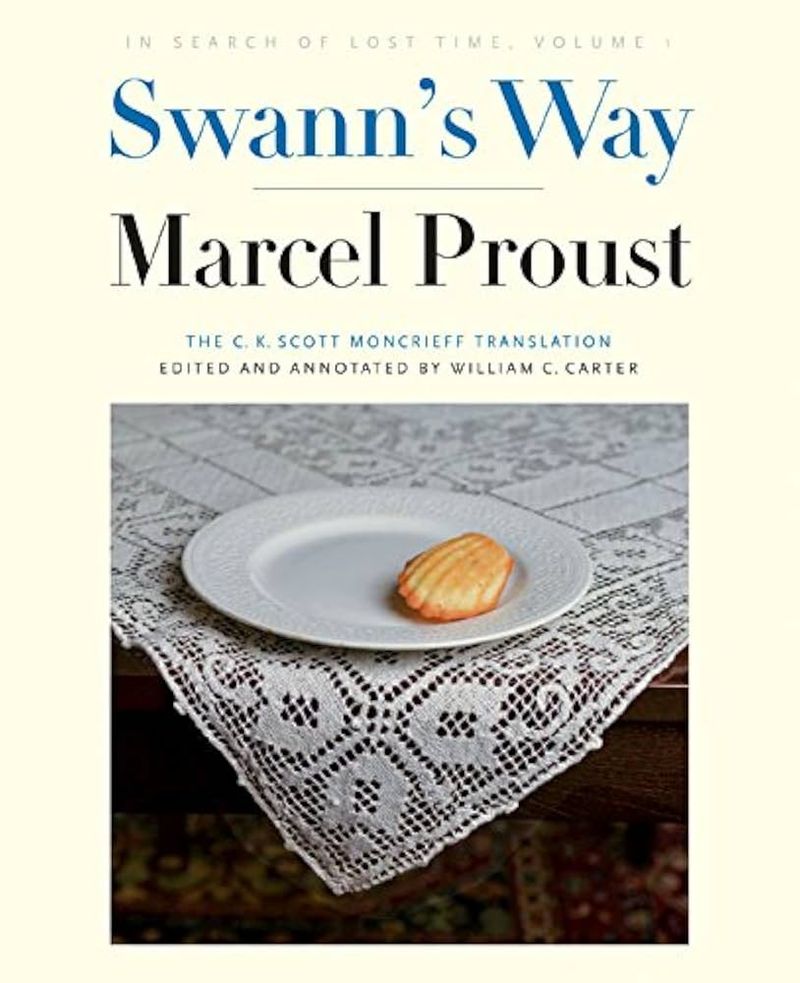Europe is a continent rich in literary heritage, where the printed word has been cherished and celebrated for centuries. From the romantic cobblestones of Paris to the scholarly streets of London, the literary tradition is woven into the very fabric of European culture.
In this post, we’ll explore 14 of Europe’s greatest literary treasures, each offering a unique glimpse into the lives, loves, and thoughts of those who have shaped our world.
Whether you’re a seasoned bibliophile or a curious novice, these works promise to inspire, challenge, and delight.
1. Don Quixote by Miguel de Cervantes
In the heart of Spain, amidst dusty plains and towering windmills, rides Don Quixote, a man whose imagination knows no bounds. Cervantes’ masterpiece is a delightful blend of humor and pathos, capturing the essence of a dreamer lost in the world of reality. Quixote’s noble yet misguided quest to revive chivalry touches readers with its timeless message about the power of dreams. His loyal squire, Sancho Panza, provides a grounding, earthy counterpoint, making their adventures both amusing and poignant. This novel is a vibrant tapestry of human folly and courage, a must-read for all literary enthusiasts.
2. Pride and Prejudice by Jane Austen
Amidst the rolling hills of 19th-century England, Elizabeth Bennet navigates the intricate social dynamics of her era in Jane Austen’s enduring classic. Pride and Prejudice spins a tale of love, misunderstandings, and personal growth, as Elizabeth learns to see beyond the exterior. The novel’s clever dialogue and vivid characters paint a picture of a society both familiar and distant, where wit and wisdom reign supreme. Mr. Darcy, with his initially aloof demeanor, becomes an emblem of transformation and redemption. Austen’s narrative is a charming dance of wit and sentiment, forever capturing readers’ hearts.
3. The Divine Comedy by Dante Alighieri
Dante’s journey through the realms of the afterlife is a poetic masterpiece that has enthralled readers for centuries. The Divine Comedy is not just a tale of spiritual transformation but a profound exploration of morality, sin, and redemption. As Dante traverses the circles of hell, climbs the mountain of purgatory, and ascends through celestial spheres, readers are invited to reflect on their own life’s journey. Virgil, Dante’s guide, offers wisdom and insight, while Beatrice’s heavenly grace illuminates the path to salvation. This epic poem is a rich tapestry of allegory and emotion, beautifully penned.
4. War and Peace by Leo Tolstoy
Tolstoy’s War and Peace is a grand epic that delves into the complexities of Russian society during the Napoleonic era. Through the eyes of characters like Pierre, Natasha, and Andrei, readers experience the tumult of war, the intricacies of love, and the search for meaning amidst chaos. The novel’s vast landscape and detailed portrayal of historical events make it a cornerstone of world literature. Tolstoy’s keen insight into human nature, combined with his sweeping narrative, offers a profound meditation on life, destiny, and the interconnectedness of all things. A truly timeless masterpiece.
5. Les Misérables by Victor Hugo
In Victor Hugo’s Les Misérables, the streets of Paris come alive with tales of struggle, redemption, and hope. Jean Valjean, a former convict seeking a fresh start, becomes a symbol of resilience in the face of adversity. Hugo’s sweeping narrative captures the essence of human perseverance against the backdrop of political upheaval. Through characters like Fantine and the heartwarming Cosette, the novel explores themes of justice, love, and sacrifice. Les Misérables is not merely a story but an emotional journey, rich with historical detail and moral complexity, resonating with readers across generations.
6. The Odyssey by Homer
Homer’s The Odyssey is an epic of adventure, cunning, and the indomitable human spirit. As Odysseus journeys home from the Trojan War, his encounters with mythical creatures and divine beings become lessons in resilience and wit. The epic poem’s rich imagery and timeless themes have inspired countless generations. Odysseus’ unwavering determination and cleverness make him a hero for the ages, while the poem’s exploration of identity, loyalty, and home continues to resonate. Homer’s storytelling weaves a vibrant tapestry of heroism and humanity, offering readers a window into the ancient world and its enduring myths.
7. Madame Bovary by Gustave Flaubert
Gustave Flaubert’s Madame Bovary captures the restless spirit of Emma Bovary, a woman whose desires transcend her provincial life. Trapped in a mundane existence, Emma’s pursuit of passion and excitement leads her down a path of self-destruction. Flaubert’s meticulous prose paints a vivid portrait of a woman’s struggle with societal expectations and personal fulfillment. Through Emma’s eyes, readers glimpse the complexities of human desire and the often tragic pursuit of happiness. Madame Bovary is a poignant exploration of dreams and disillusionment, a literary treasure that continues to captivate with its emotional depth.
8. Ulysses by James Joyce
James Joyce’s Ulysses is a modernist tour de force that captures a single day in the life of Leopold Bloom, set against the backdrop of early 20th-century Dublin. With its innovative stream-of-consciousness narrative, Joyce’s novel delves into the intricacies of human thought and emotion. Bloom’s journey through the city becomes an odyssey of personal discovery and reflection, echoing the themes of Homer’s epic. The novel’s rich language and intricate structure make it both challenging and rewarding. Ulysses is a daring exploration of identity and consciousness, a work that continues to inspire and provoke discussions.
9. Crime and Punishment by Fyodor Dostoevsky
In the bustling streets of St. Petersburg, Dostoevsky’s Crime and Punishment delves into the mind of Raskolnikov, a man gripped by guilt and moral conflict. The novel’s intense psychological exploration uncovers the depths of human conscience and the struggle between right and wrong. As Raskolnikov grapples with his crime, readers are drawn into a world of existential questioning and redemption. Dostoevsky’s masterful storytelling and profound insights into the human psyche make this novel a timeless exploration of morality, justice, and the possibility of salvation. A captivating journey into the darkest corners of the human soul.
10. The Brothers Karamazov by Fyodor Dostoevsky
Dostoevsky’s The Brothers Karamazov is a profound exploration of faith, doubt, and the complexities of the human condition. Through the lives of three brothers, the novel examines questions of morality, free will, and the existence of God. Each brother represents different facets of human nature, offering readers a rich tapestry of philosophical insight. The novel’s intricate narrative and deep character study make it a cornerstone of Russian literature. With its exploration of existential themes and moral dilemmas, The Brothers Karamazov continues to resonate with readers, challenging and inspiring with its intellectual depth.
11. The Trial by Franz Kafka
Franz Kafka’s The Trial is a haunting exploration of the absurdity and alienation of modern life. Protagonist Josef K. finds himself entangled in a bewildering legal process that defies logic and reason. Kafka’s novel captures the nightmarish quality of a world where individuality is lost amidst faceless bureaucracy. The Trial’s unsettling narrative and existential themes resonate with readers, offering a stark reflection on the human condition. As Josef K. navigates this surreal nightmare, Kafka’s work becomes a powerful allegory for the struggles of identity and autonomy in an increasingly impersonal world.
12. The Stranger by Albert Camus
In the sunlit streets of Algiers, Camus’ The Stranger introduces readers to Meursault, a man detached from society’s norms and expectations. The novel’s stark prose and existential themes explore the absurdity of life and the human condition. Meursault’s indifferent reaction to the world challenges readers to ponder their own beliefs and assumptions. Camus’ philosophical exploration of meaning and morality is both unsettling and thought-provoking. The Stranger remains a powerful reflection on existence, inviting readers to confront the boundaries of rationality and emotion in their quest for understanding.
13. The Master and Margarita by Mikhail Bulgakov
Mikhail Bulgakov’s The Master and Margarita is a fantastical tale that weaves together themes of love, power, and the supernatural. Set in Soviet-era Moscow, the novel follows the devil’s visit to the city, bringing chaos and revelation. Bulgakov’s magical realism creates a vivid tapestry of mystery and wonder, as characters navigate a world where the ordinary and the extraordinary collide. The love story between the Master and Margarita adds depth and humanity to this surreal narrative. With its rich symbolism and sharp social critique, The Master and Margarita is a captivating exploration of the human spirit.
14. Swann’s Way by Marcel Proust
Marcel Proust’s Swann’s Way is an intricate meditation on memory, time, and the passage of life. The novel’s rich narrative unfolds through the reflections of a young boy growing up in the French countryside. Proust’s exquisite prose captures the delicate interplay between past and present, revealing the profound impact of memory on identity. Swann’s Way invites readers to linger over its sensory details and emotional depths, offering a contemplative journey through the nuances of personal history. This masterpiece of introspection and nostalgia is a cornerstone of modern literature, celebrated for its beauty and insight.
